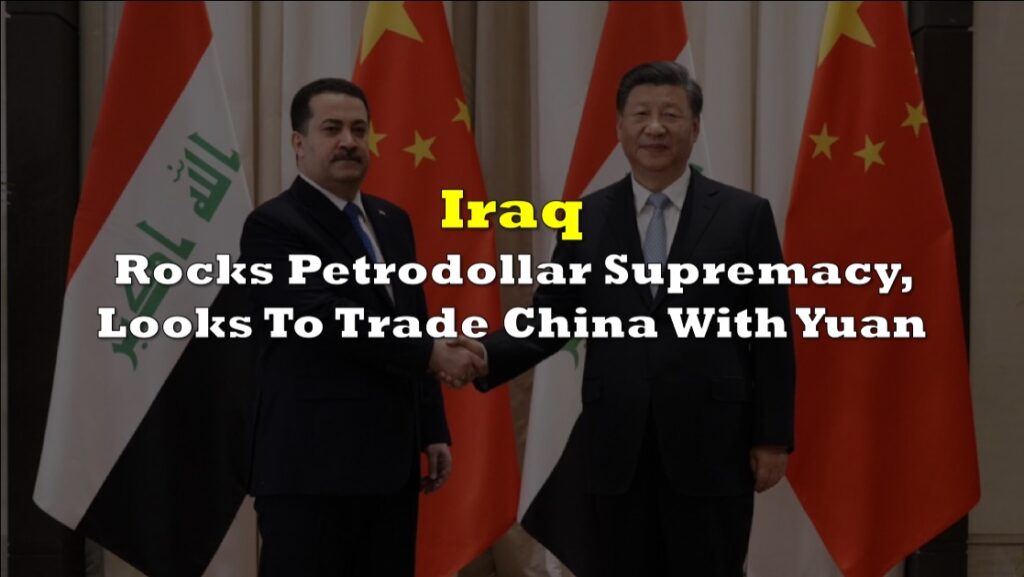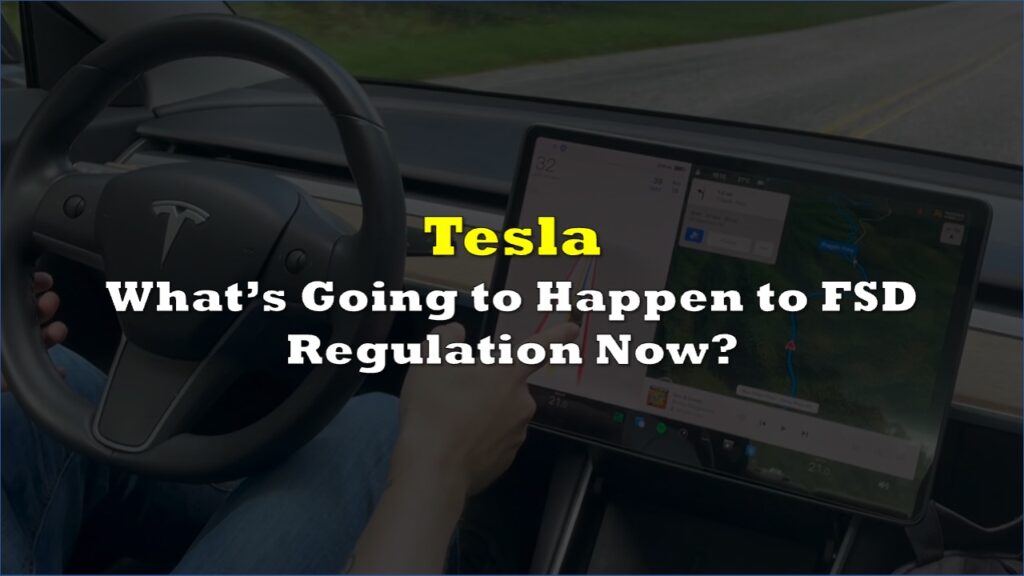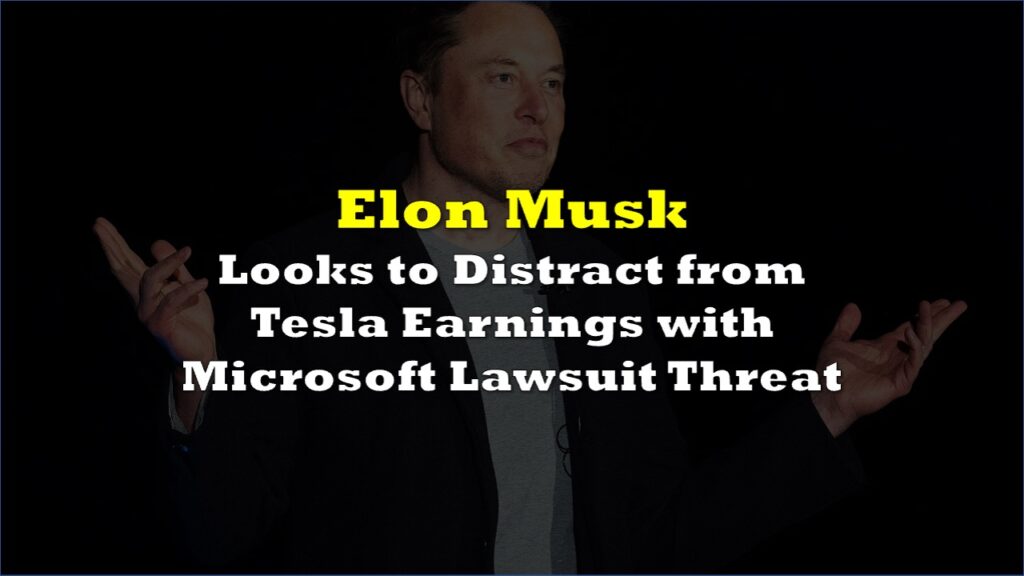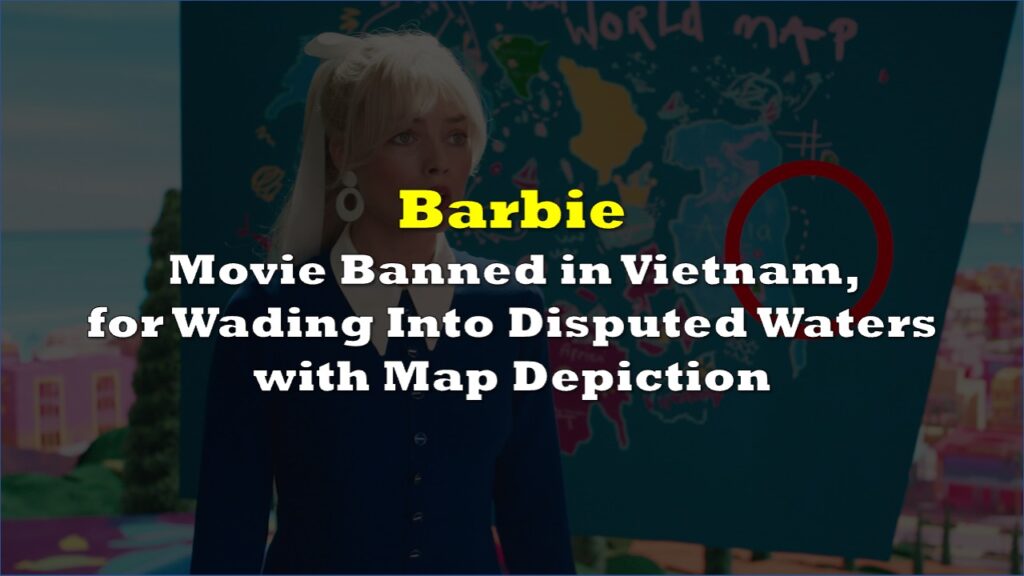If US House Speaker Nancy Pelosi risked a potential escalation by visiting Taiwan, Tesla CEO Elon Musk could probably do it from his phone.
The controversial billionaire gained a friendly remark from a Chinese high-ranking official after his remarks on the long-standing conflict between China and Taiwan got published in a Financial Times article.
“My recommendation . . . would be to figure out a special administrative zone for Taiwan that is reasonably palatable, probably won’t make everyone happy. And it’s possible, and I think probably, in fact, that they could have an arrangement that’s more lenient than Hong Kong,” the article quoted Musk.
Chinese Ambassador to the US Qin Gang retweeted a link to the article and thanked Musk “for his call for peace across the Taiwan Strait and his idea about establishing a special administrative zone for Taiwan.”
“Provided that China’s sovereignty, security and development interests are guaranteed, after reunification Taiwan will enjoy a high degree of autonomy as a special administrative region, and a vast space for development,” Gang expounded.
..and the best approach to realizing national reunification. Provided that China's sovereignty, security and development interests are guaranteed, after reunification Taiwan will enjoy a high degree of autonomy as a special administrative region, and a vast space for development.
— Qin Gang 秦刚 (@AmbQinGang) October 8, 2022
While not pertaining to Musk’s comments, Taiwanese Ambassador to the US Bi-khim Hsiao tweeted that the territory’s democracy is “not for sale.”
“Taiwan sells many products, but our freedom and democracy are not for sale. Any lasting proposal for our future must be determined peacefully, free from coercion, and respectful of the democratic wishes of the people of Taiwan,” Hsiao wrote.
Taiwan sells many products, but our freedom and democracy are not for sale. Any lasting proposal for our future must be determined peacefully, free from coercion, and respectful of the democratic wishes of the people of Taiwan.
— Bi-khim Hsiao 蕭美琴 (@bikhim) October 8, 2022
In a nutshell, the People’s Republic of China is still claiming the Republic of China that inhabits the Taiwan island as part of its territory, while the latter has been asserting its independence. With Beijing’s status as an economic superpower and vital trade partner, many countries adhere to its view as that it is the sole representative of China and Taiwan is a self-governing territory under it.
But both states are really adamant about the public recognition of Taiwan’s political status that is opposite their respective views. Apologies have to be made to Beijing when a government official or a celebrity refers to Taiwan as a country, but the same must be made to Taiwan when the territory is cited as part of the mainland China.
For its part, the US does not recognize Taiwan as a country to appease China, although it does multibillion dollar trade with Taipei as a net importer–mostly semiconductor chips.
Given the recent developments at the Taiwan Strait, however, the US proposed a US$1.1 billion arms sale to the self-governing island. China, through its embassy spokesman Liu Pengyu, warns the former that the move counters “international law and basic principles in international relations” and as such, Beijing will be forced to take “take legitimate and necessary counter-measures.”
While admittedly not an expert on geopolitics, Musk has a lot of skin in both markets. The Financial Times article cites him as “an admirer of as well as an investor in China” but also “not immune to the gathering US-China tensions or the risk of a Chinese takeover of Taiwan.”
According to the article, Musk claims that Beijing has expressed its displeasure with his recent deployment of Starlink, SpaceX’s satellite communications system, in Ukraine to assist the military in circumventing Russia’s internet shutdown.
On the flip side, Musk’s Tesla production at its gigafactory in Shanghai–which accounts for 30%-50% of total volume–has been facing snags as early as March this year due to the country’s strict COVID-related lockdowns and parts shortages.
Many were quick to highlight the seemingly unsurprising support by the Chinese ambassador and Musk’s view on the China-Taiwan conflict.
@elonmusk Because the business of selling more Teslas is more important than values! https://t.co/fKZ88ichm8
— Vinod Khosla (@vkhosla) October 10, 2022
Probably has nothing to do with a key consumer market for Musk. https://t.co/6w20Sn0Gox
— JacobSilverman.shill (@SilvermanJacob) October 9, 2022
Musk also lent his unsolicited geopolitical views on the ongoing Russian invasion of Ukraine, earning the ire of the Ukrainian President Volodymyr Zelensky himself.
Information for this briefing was found via Financial Times and the sources mentioned. The author has no securities or affiliations related to this organization. Not a recommendation to buy or sell. Always do additional research and consult a professional before purchasing a security. The author holds no licenses.









